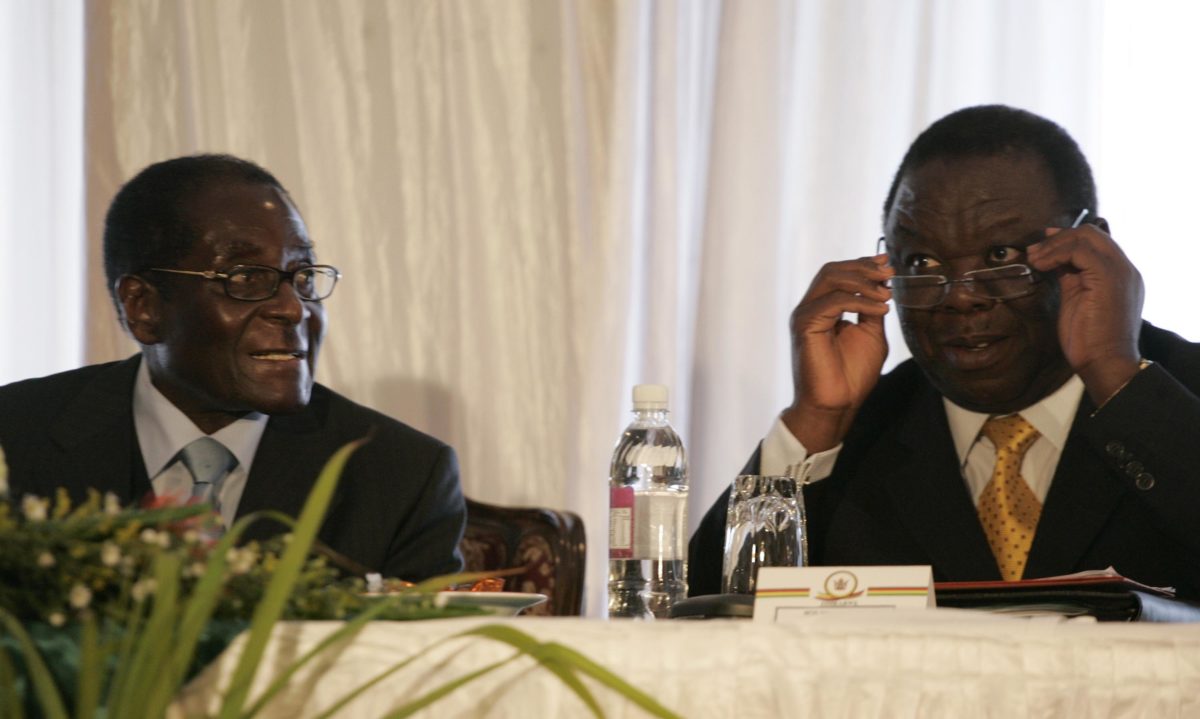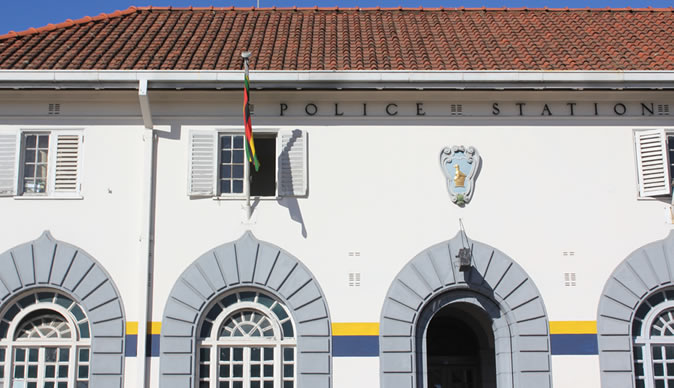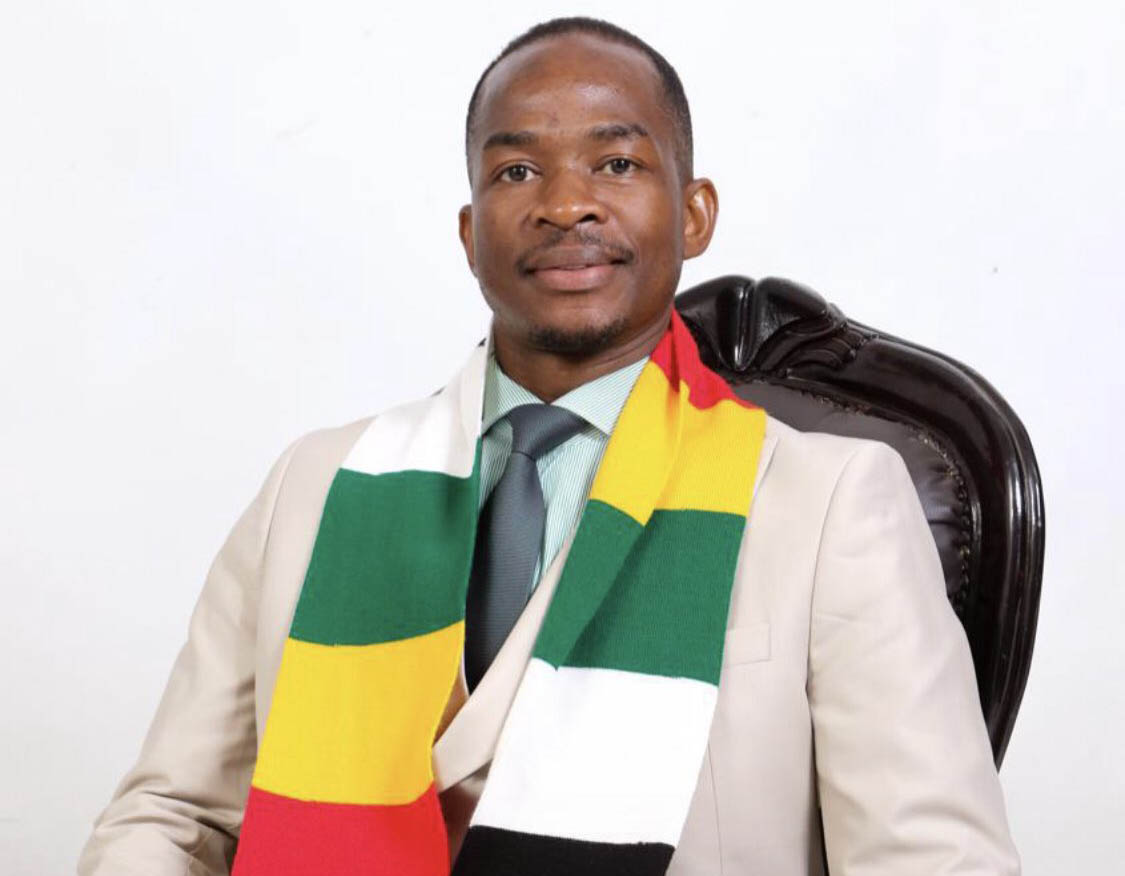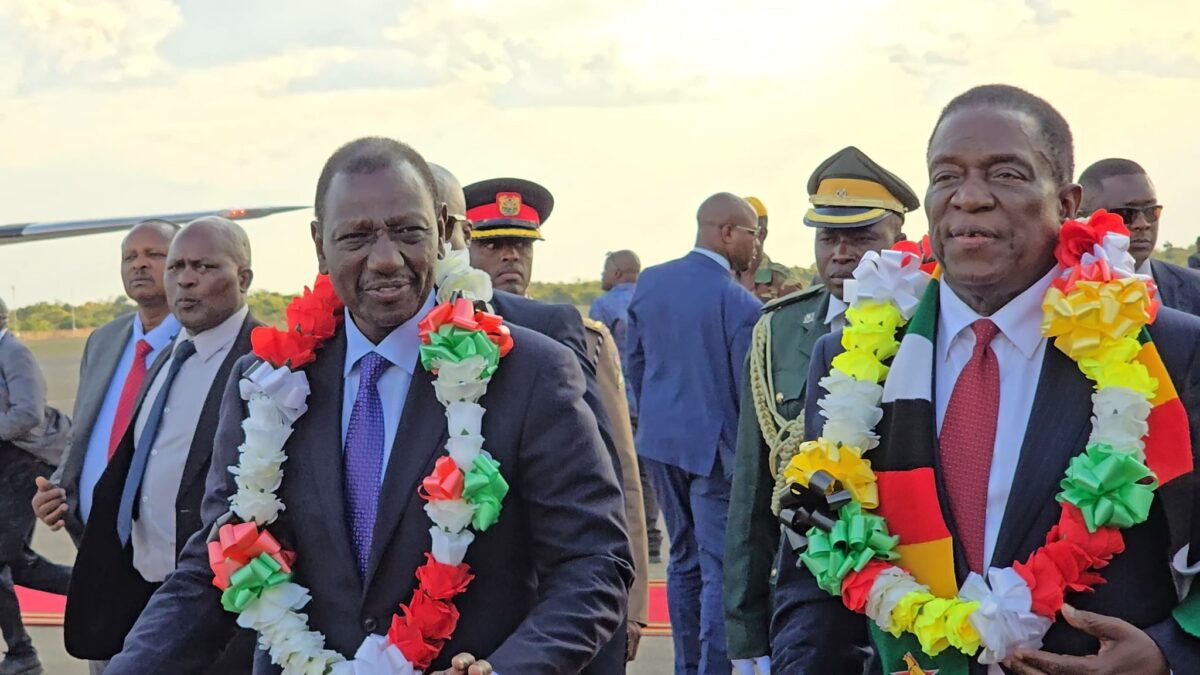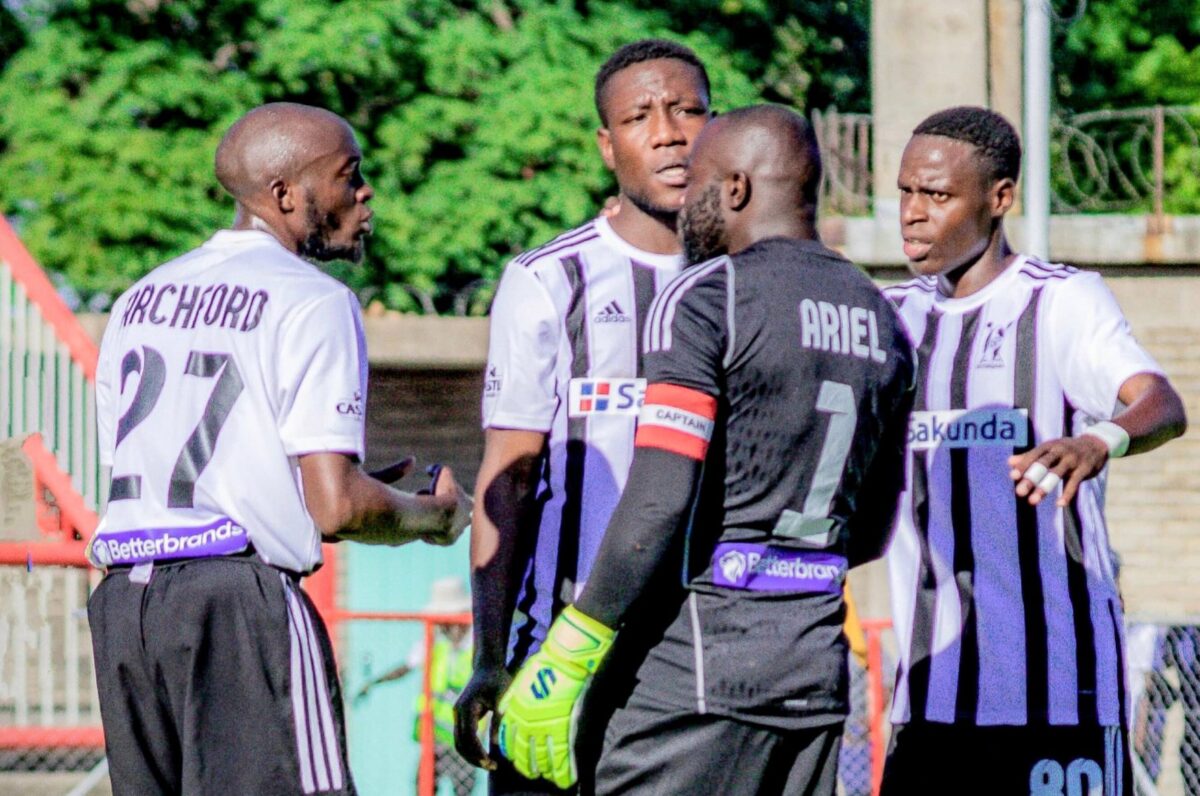FUNERALS in our culture are an opportunity to vent one’s deep-seated opinions and emotions on topical issues, be they personal, family or national, while enjoying the same privileges and protection akin to academic freedom.
I seek to do exactly that, “kurova bembera” in Shona before this special window closes following the sad but anticipated departure of Zimbabwe’s founding father, former president Robert Gabriel Mugabe.
“Rome can’t continue to burn while we watch,” and something is evidently going very wrong in our country and I apologise upfront if I offend as I attempt to share national experiences that helped similar challenges in the recent past.
Proverbs 1:9 will acquit me: “What has been done will be done again, there is nothing new under the sun.”
Great 15th century historian Thucydides rhymes the same: “It is the very nature of humans to act in the future as they did in the past.”
History repeats itself, and humanity learns from past mistakes and recalibrates its decisions and actions based on these past experiences.
What can we, in pursuit of solutions to the current crisis, learn from the Zanu/PF-Zapu talks of 1987 which resulted in a broad-based unity government; or distil from the Zanu PF/MDC talks that resulted in the Government of National Unity of 2009 and how both talks were triggered?
The invaluable role of public opinion — for instance, civil society, the church, cross-party agents, lobbyists, etc — and the building of national consensus on the need to talk or talk about talks, and ultimately the escalation of it all to party agendas, the government, and right up to the main protagonists, is very much needed.
I appeal to the public to be on the lookout for selfish people seeking to outlaw and spike comradely conversation or opinion by these change agents seeking national convergence. They need your protection and encouragement in their apostolic burden to unite the country.
In my public service career, I have been hosted by families in the United States, United Kingdom and even nearer home, South Africa, and observed family members who belong to different political parties dine and debate hours on end over their political beliefs without exchanging blows or spilling blood. This is political maturity.
Setting the stage as one Member of Parliament from my home province of Masvingo has done using metaphorical language and anecdotes to encourage dialogue, should not be punishable by excommunication, otherwise it will amount to clearly intolerant and bigoted politics in this 21st century.
A typical American family has both Democrats and Republicans but they do not wish each other ill or death, nor do they express their differences in ideology and beliefs in medieval political sloganeering reminiscent of the Byzantine or Crusaders era! They debate.
I, more than anyone else from the late Robert Mugabe-led Zanu PF, fraternised with Morgan Tsvangirai across party and ideological divide and we were close at personal and governmental level where he led us as prime minister.
We knew each other before, from our stints in industry, so at a time when it was a taboo to submit to his authority as PM or salute him, which many of our decorated military men refused to do at many public events in very embarrassing stunts, I defied the Zanu PF caucus directives and accorded him my respect within the precincts and boundaries of officialdom and protocol, earning some despicable labels in the process.
However, Tsvangirai instead discerned a patriotic sense of duty and selflessness, a genuine manifestation of the inclusive spirit required at the time to make the inclusive government work.
No wonder he saw it fit to conscript me, albeit with protestations from Zanu PF, into his delegation for the famous June 2009, 21-day, 14-country re-engagement trip. Mugabe, ever the statesman, consented to my inclusion notwithstanding protestations from our party.
The delegation included notable opposition figures like Tendai Biti, Elton Mangoma, Priscilla Misihairabwi-Mushonga, and in London we were joined by Simbarashe Mumbengegwi.
Amid protestations from my party, Mugabe wondered what more harm I could bring to Zanu PF than the “Bhora Musango” which had just delivered the electoral stalemate of 2008, resulting in power-sharing.
With Mugabe’s authority, I left with very clear instructions to understudy the MDC global network and report back. We needed to reopen our own lines of communication with the West, he implored.
I never witnessed again in my tenure in government such a united team in defence of our motherland like this largely opposition outfit! They were out to prove something, the latent energy and skills that can be brought to the fore and at the disposal of the State if there is unity of purpose.
I witnessed it at the Senate Foreign Relations Committee when we met Senators John Kerry and John McCain and argued before a full house for the repeal of Zidera sanctions, and later a similarly spirited effort in Brussels for the revocation of Article 96 later to happen in November 2014 after the planting of these arguments against sanctions.
We left the entire Washington power matrix and Western Europe in a state of amazement on what new spirit had seized Zimbabwe that made us speak with one voice on challenges besetting it, a very rare feat to this very day and hour!
This international whirlwind diplomatic tour initiated the re-branding and stabilisation of Zimbabwe at the time, including a commencement to mending our then and even now more acerbic relations with parts of the globe.
Notwithstanding, we returned with less than the expected monetary and financial booty against the much-hyped US$800 million target, but what Zanu PF and many people did not realise and count then were the intangible benefits of the trip.
Tsvangirai, who carried the cross of the inclusive government, canvassed, marketed and endorsed its legitimacy, but most specifically the legitimacy of the then president Mugabe during this controversial trip.
I recall many heads of state, prime ministers and other global VVIPs, including Barack Obama, Hilary Clinton, Gordon Brown, Angela Merkel, McCain, Kerry, Barosso, etc, questioning Tsvangirai’s wisdom of “going to bed with Mugabe”, to which he would coarsely and impatiently retort that he was doing it in the national interest.
“Our people are suffering and this is a painkiller prescription,” he would add, reminding several audiences that he was in it, regardless of his electoral disputes with Mugabe, but Zimbabwe came first!
He would then tactfully draft me, as the Zanu PF component of the delegation, into the conversations to confirm to each of them that we were in fact from the same government and all was well.
I was part of all these engagements except for a courtesy call on Obama, who reportedly would not see me because I was from a “terrorist organisation”, Zanu PF!
This later turned out to be false as I was outmanoeuvred by the delegation when Hilary Clinton asked me to stay behind after an earlier meeting as she had a special message for Mugabe which she wanted me to convey.
This created some uneasiness which saw me being snookered out of the White House meeting. This was political manoeuvring within us but it did not take us off track!
It is important to note, however, that these engagements happened in the context of a national unity government, inclusive government as some preferred to call it, a lesson for today as history so quickly repeats itself.
We have a political stalemate similar to that of 2008. Our embarrassing counter-arguments and ambushing of each other at world fora, SADC, WEF, United Nations General Assembly, etc, speaks to a nation in conflict.
Backroom diplomatic backbiting is at its peak. I am reminded of the rescission of the decision to recognise Mugabe as WHO ambassador in 2017, a few weeks before the coup, like the current Harvard University saga around our first lady, where she is destined to meet a similar fate, not because she is not a meritorious candidate just like Mugabe was, but because she comes from Zimbabwe — that is how much we have damaged our brand through internal conflict.
She should not look too far, it is within the family; not just opposition but within Zanu PF, that is where the instigation starts. I have very painful personal experiences of this treachery and that is how I also “lost” the secretary-general race for the UNWTO. I was told plainly that notwithstanding that I was the best candidate and the most qualified for the job, “the world was not ready for a Mugabe protégé to preside over a UN agency.”
The attendant celebration from my own party when I lost this race, is legendary. This is the same UN today where the optics are certainly not encouraging as our president delivered his address.
Back to the 2009 trip, contrary to what is happening now, we soon learnt, and this is absolute reality and advice to the Harare administration, that legitimacy is conferred by your political opponents, not by self, your choir, or opportunity and job hunters. It was Tsvangirai’s legitimacy lobby and endorsement that became the lifeblood of the inclusive government as Nelson Chamisa can do for Emmerson Mnangagwa and his government, God-willing and common-sense prevailing.
We were soon after able to enjoy the goodwill of other nations, including reluctantly by our own people, many of whom did not like Zanu PF nor had voted for it.
The first-round voting in 2008 had just confirmed Tsvangirai’s popularity at 47 percent, with Mugabe trailing at 43 percent; so no matter how sound economic policymaking is, dear Mthuli Ncube, if it does not enjoy public confidence it will fail as is evident today. It’s the politics stupid.
Playing cat-and-mouse policy games with a politically-reluctant and indifferent public will not work. We have been on this road before and Zimbabweans know what works for them, recalling the respite from economic hardship they enjoyed during the GNU era.
Zimbabweans also remember the lessons of Zimbabwe-Rhodesia, when the armed struggle escalated and economic conditions worsened when Ian Smith engaged in dialogue with the wrong team led by Bishop Abel Muzorewa, ignoring the popular and legitimate Patriotic Front.
Zimbabweans are looking and waiting for practical solutions, the only and first signal being the ability of protagonists to work together. It’s a confidence issue. They can bear the pain if it is shared, not selective austerity.
Similarly, the busting of international sanctions — a strategy largely eluding even this current government — was conceived successfully by Rhodesia and repeated by the inclusive branding and seeming unity of purpose of the GNU and Tsvangirai’s apostolic mission on its behalf.
He would advise us repeatedly not to mourn or bleat over sanctions, but learn from Ian Smith’s template — bust them, work around them, and deliver notwithstanding.
During this period, we got official and unofficial assistance on how and what to bust of these sanctions from their authors and implementers.
A megaphone anti-lobby, such as the one currently at play, we soon learnt would not help much for many who supported us in broad daylight for solidarity optics, nicodemously agreed with Europe and the USA when approached individually.
We also learnt that anti-sanctions demos both at home and abroad benefitted bureaucratic organisers who pocketed a lot of unexplained money in the name of mobilisation and hiring of lobbyists. It is no different now a few years down the line.
DEMAF — a non-governmental option of direct assistance to beneficiaries that brought immense relief to our people, and was a creative budgetary support and sanctions busting solution with two or three cluster ministries administering it but one that avoided disbursement through central government — was born out of this trip.
My own much-applauded sectoral achievements as tourism minister, these too were sanctions-busting steps and rebranding processes, and followed this philosophy, including the successful hosting of the 20th session of the UNWTO General Assembly, held a few days after our general elections, becoming the highest global endorsement of Brand Zimbabwe since independence. My own elective go at the office of secretary general of the UNWTO was within this context as well.
The tragedy of the current meltdown in Zimbabwe and its current actors from both Zanu PF and MDC, is that unlike our 2009 scenario led by Mugabe and Tsvangirai, it is difficult to sense the humility and empathy for the immense suffering of our people that is required to nudge the gladiators to negotiations.
The selflessness cooled hearts, point scoring and intransigence. This assessment stems from nowhere else except from the abundance of the hearts whereupon the mouth speaks. An overdose of propaganda laced with hate and self-interest, particularly on social media, is driving a yawning wedge between the protagonists, which is sacrificing national interest.
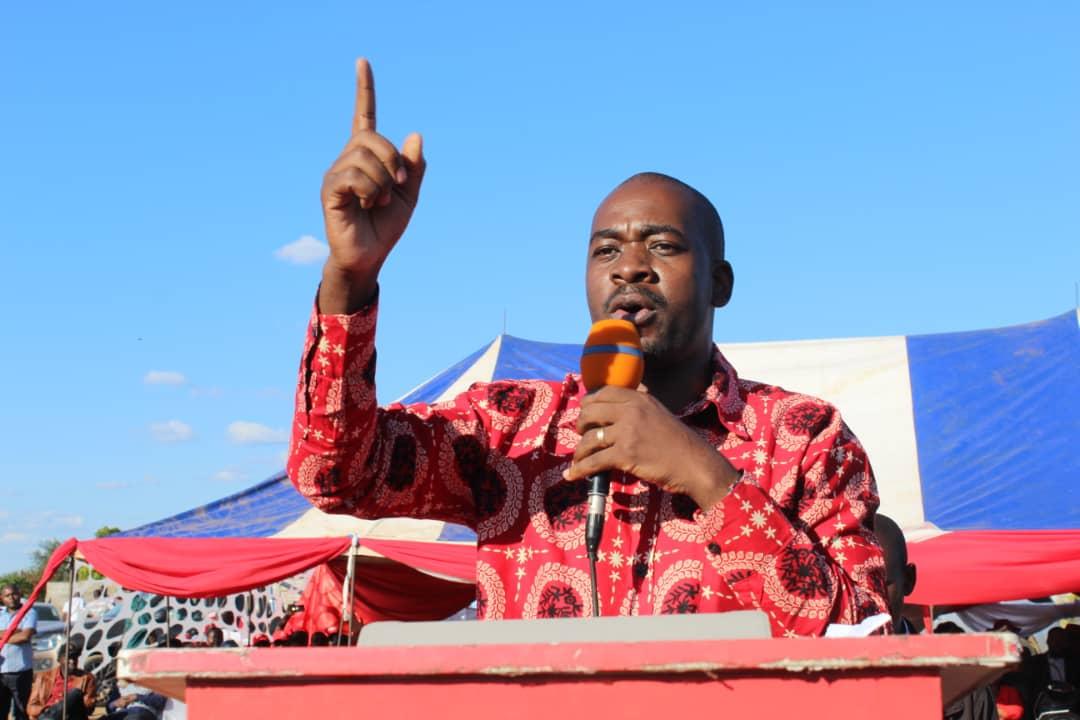
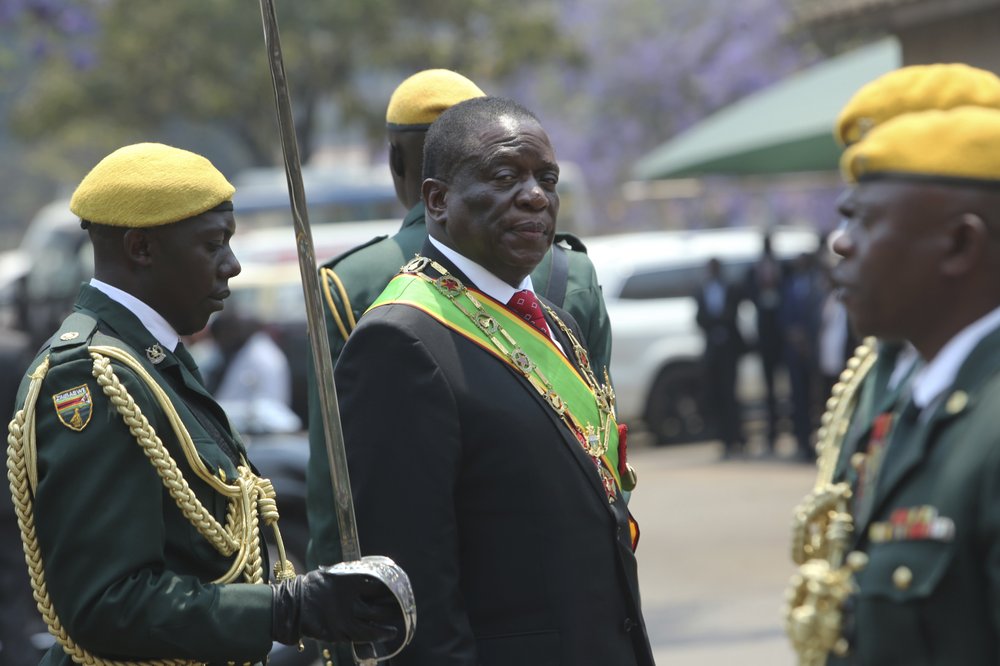
A ceasefire and restraint, if not complete abandonment of those who puke hate language on behalf of both President Mnangagwa and Nelson Chamisa, is an absolute necessity. If the “actors” succeed in taming vanity as Mugabe and Tsvangirai did, Zimbabweans can hope for a solution soon.
Dialogue, home grown, mediated locally or internationally, founded on vanity and hatred is bound to fail. Humility on the part of the actors and with it a recognition that you are not conceding for self but for the national interest is super critical.
Yesterday’s enforcers are now the leaders and they will quickly have to take responsibility to end the suffering of our people. Unfortunately, where they are placed we are their people, all of us good or bad regardless.
also note the presence of numerous new deployments in leadership, many freshmen/women in the two mainstream parties and government, including an army of presidential advisors, all these have to quickly mature away from sycophancy, play their part in moving Zimbabwe towards genuine dialogue, convergence, and a greater interest in statecraft as we did during our time with the two late heroes.
Shingi Munyeza, in the last few days, has been doing exactly what is expected of advisors. The public is watching you folks, and unfortunately, there is no school that prepares one for these deployments and their expectations, and history will judge you harshly notwithstanding, if you continue mickey-mousing with people’s lives.
Honesty and integrity, especially in an advisory role, is super-critical, not just to the President but to the opposition leadership too. Mugabe, for all his weaknesses, was a great listener and follower of debate in pursuit of superior ideas. I would drag him into arguments and gridlocks in Cabinet, a few brave colleagues too, and stand my ground without him being offended — my argument for the adoption of the rand as anchor currency and my opposition to Command Agriculture being but just examples.
I am very sure Mnangagwa, having spent the longest time as Mugabe’s advisor (55 years), my lifetime age, has the same shock absorbers. So don’t be afraid to genuinely and correctly advise him folks.
For progress, the president himself will have to wax his ears to hard-line and selfish impressionable advice and do the right thing and engage his nemesis, Chamisa.
To his credit, Chamisa has public opinion behind him, he has over two million voters, largely urbanites, while the president has the State and an equivalent following, mainly rural.
Walter Mzembi is Zimbabwe’s former minister of tourism now living in exile
